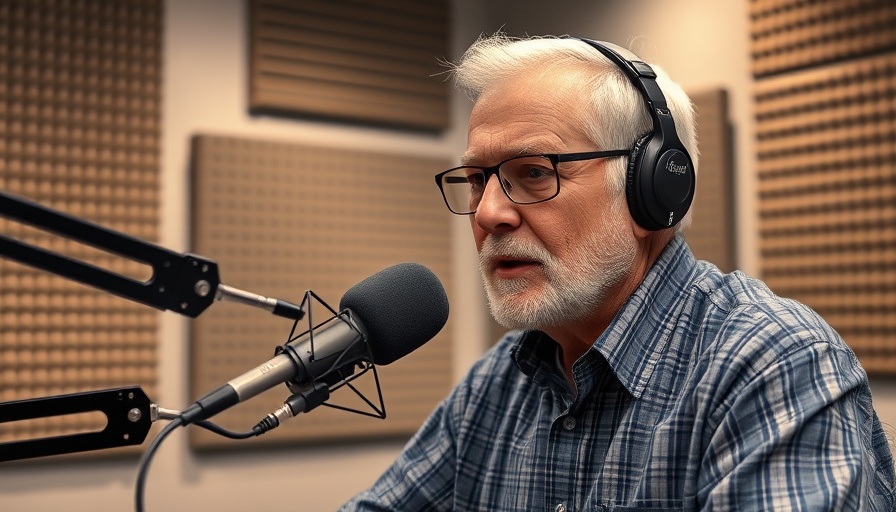
Understanding Our Hidden Senses: Beyond the Conventional Five
From the moment we take our first breath, our lives are filled with a symphony of sensory experiences. Traditionally, we’ve been taught that we possess five senses—sight, hearing, touch, taste, and smell. However, emerging research in neuroscience highlights at least three additional senses: proprioception, vestibular, and interoception. Grasping the complexities of these eight senses not only enriches our understanding of the human experience but also encourages us to be more attuned to our bodies’ signals.
Unpacking Sensory Processing Sensitivity
Interestingly, individuals respond to sensory input in diverse ways, reflecting their unique sensitivities. One fascinating concept is Sensory Processing Sensitivity (SPS), a trait affecting about 10 to 20 percent of the population. Those with SPS may find themselves overwhelmed by stimuli such as bright lights or strong smells. While not a clinical condition, it can significantly impact daily life. Practicing relaxation techniques and working with a psychotherapist can provide significant relief for those who find themselves frequently overstimulated.
The Role of Sensory Processing Disorders
On the other hand, Sensory Processing Disorders (SPDs) represent more clinical challenges. Individuals grappling with SPDs may struggle to detect, interpret, or respond to sensory experiences and often experience further complicating neurodevelopmental disorders like autism and attention deficit hyperactivity disorder (ADHD). Laurence Bonnemort, a pediatric psychiatrist, emphasizes that tools like noise-cancelling headphones, weighted clothing, or blankets can help manage the symptoms for children confronting these challenges. The key takeaway is that symptoms are not static; they can change over time, demanding ongoing adaptations from caregivers and professionals.
Why Our Senses Matter in Daily Life
The classic senses of vision and hearing often overshadow our other perceptual abilities. For instance, research shows that approximately 80 percent of information about our environment is acquired through sight alone. Our eyes continuously translate light into electric signals, which our brains interpret to help us navigate our world. Furthermore, preserving our sight is critical as antioxidants, including vitamins C and E, and nutrients such as beta carotene, can help protect our visual health as we age.
The Importance of Auditory Awareness
Hearing is equally vital. Much like sight, the auditory system processes pressure waves from the environment. Our inner ear’s hair cells convert these waves into signals interpreted by our brains. Understanding how sound influences our reality can shape our environments and interactions, making it essential for personal well-being. Cultivating good auditory experiences—like spending time in nature or listening to calming music—can significantly impact relaxation and mental health.
Teaching Organization in Our Sensory World
Recognizing the complexity of our senses offers a renewed way to practice mindfulness. Engaging in mindfulness practices, whether through meditation, yoga, or simple breathing exercises, can help us gain greater awareness of our sensory experiences and enhance our overall health. Being aware of how we interact with the world can assist significantly in creating environments conducive to our well-being and can lead to healthier lifestyle choices.
Practicing Mindfulness for Better Outcomes
By embracing our full spectrum of senses, we open ourselves to richer experiences and deeper connections. This heightened awareness can have beneficial effects, promoting emotional regulation and reducing stress. Practical tips like creating calm spaces at home, avoiding overstimulation in busy workplaces, and ensuring self-care routines center around sensory harmony can lead to healthier practices in life.
Connecting Through Sensory Experiences
The journey to understanding and leveraging our eight senses doesn’t have to be a solitary one. Engaging with communities and professionals who understand sensory processing can foster a deeper connection to these concepts. Whether you're looking for guidance on managing sensitivities or aiming to enhance your everyday awareness, support is readily available. Embracing these experiences can significantly impact well-being, ensuring a balanced and fulfilling life.
Ultimately, becoming aware of how our senses influence our daily lives can lead to insightful decision-making about our health and lifestyle. Whether you’re in a soothing environment or overcoming sensory overload, the goal remains the same: a deeper understanding of ourselves and our interactions with the world around us.
Take action today: Explore ways to enhance your sensory awareness and understand your body’s signals better. Simple practices can lead to identifying your needs, improving how you connect with the world and enhancing your overall health.
 Add Row
Add Row  Add
Add 




 Add Row
Add Row  Add
Add 

Write A Comment